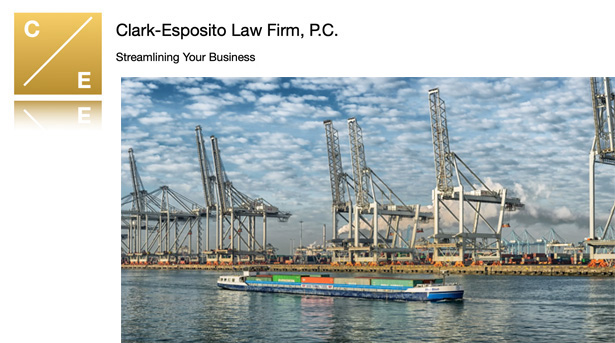
Save Money Through U.S. Customs Valuation
Although complex, U.S. Customs guidelines for valuation should be carefully followed by importers to avoid unwanted penalties. U.S. Customs Valuation can be very nuanced and hard to understand even for seasoned members of the Trade Community. Providing U.S. Customs with an accurate valuation for the products you plan to import is paramount to ensuring that you do not incur any additional fees for failing to do so. No company wants to pay more than they must during a transaction. This is especially true for importers who aim to avoid penalties when passing merchandise through U.S. Customs. Penalties can be avoided by properly adhering to valuation guidelines so that you can provide an accurate valuation as an importer.
The importer of record (IOR) is responsible for giving U.S. Customs an accurate valuation of any merchandise they plan to bring into the U.S. In doing so they must operate with a certain degree of “reasonable care” under Section 484 of the Tariff Act. This is especially important given that failure to do so could result in penalties. There are six (6) methods enumerated in the Trade Agreements Act of 1979 (the Act) which an IOR can use to calculate the valuation of merchandise. Click the button below to read our full article on Customs Valuations, including the six (6) methods outlined in the Act.
We can be reached at contact@clarkespositolaw.com for additional questions related to U.S. Customs Valuation, or import/export compliance in general.
Clark-Esposito Law, P.C.
Clark-Esposito Law Firm, P.C. ©2021
1345 Avenue of the Americas, 33 Fl.
New York NY 10105
(917) 546-6997
www.ClarkEspositoLaw.com
DISCLAIMER: The content of this website has been prepared by the Clark-Esposito Law Firm, P.C. for informational purposes only and should not be construed as legal advice. The material contained in this email newsletter is not intended to create, and receipt of it does not constitute, a lawyer-client relationship, and readers should not act upon it without seeking professional legal counsel. The Clark-Esposito Law Firm, P.C., did not produce and is not responsible for the content of off-site legal resources. The materials on this site may constitute advertising under various state ethics rules.
